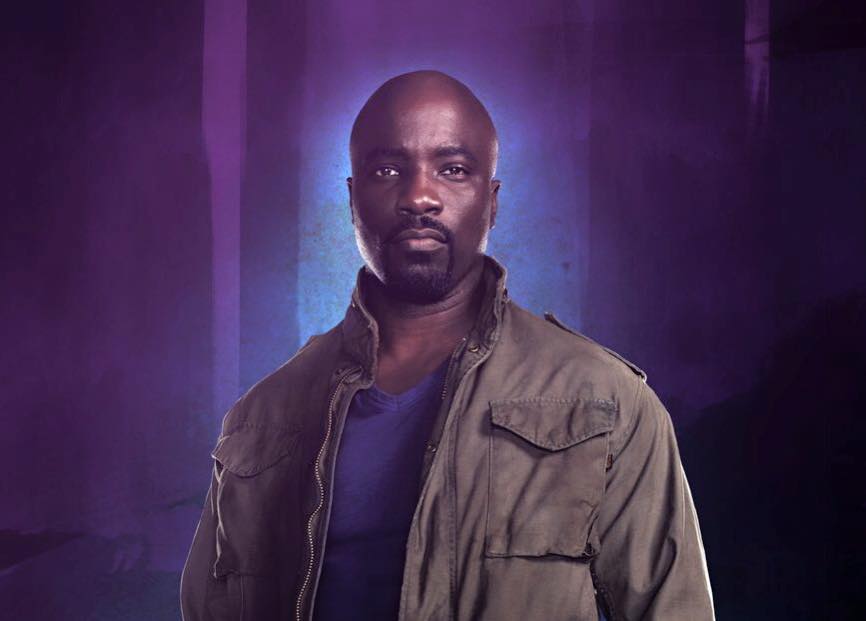facebook.com
Sweet Christmas, Marvel and Netflix have done it again. “Luke Cage” is the latest show in the Marvel and Netflix partnership. Released Sept. 30 with all 13 episodes available for streaming, the series stars Mike Colter as the titular hero.
Colter reprises his role from last year’s “Jessica Jones.” Based on the Marvel comics character created in 1972, “Luke Cage” follows the hero with super strength and indestructible skin.
The show blends its 70s roots with a modern sensibility. It features a wide and memorable cast and some villains with a surprising amount of depth and nuance.
Looking to start a new life, Luke Cage moves to the Harlem neighborhood of New York City. He takes various odd jobs, sweeping hair at a barbershop and as a bartender.
When a cash grab goes horribly wrong, Luke Cage finds himself reluctantly drawn into the events and discovers that nothing is what it seems.
He was used in a prison experiment that resulted in his super strength which attracts the wrong kind of attention. Cage finds himself up against gang lord Cottonmouth Stokes (Mahershala Ali), arms dealer Diamondback (Erik LaRay Harvey) who has a mysterious past. Diamondback’s right hand man Shades (Theo Rossi) who has large ambitions, corrupt politicians like Mariah Dillard (Alfre Woodard) and a whole bunch of crooked cops.
Cage finds allies in detective Misty Knights (Simone Missick) and nurse Claire Temple (Rosario Dawson).
Dawson reprises her role from both seasons of “Daredevil” and “Jessica Jones.” Temple is given a far larger role in this show in in the past two.
Like past Marvel and Netflix collaborations, “Luke Cage” focuses on a more street level superhero as opposed to the grand heroes from the movies. And by street level, I mean stopping muggers and gangsters.
But “street” does take on a different meaning in Luke Cage. Daredevil worked in the shadows and Jessica Jones was anti-social.
Luke Cage, while reluctant to be seen as a hero, is much more open and friendly with people. Cage is someone that people can come to with their problems.
The show does address the difficulties of being African American in modern America. And does so in a way that doesn’t seem forced.
The show is not as dark as “Jessica Jones” and “Daredevil,” but there is a maturity to it. It touches on themes of community and personable responsibility.
The story has strong focus throughout with all of the subplots coming together in a satisfying way. The show concludes on a bittersweet note leaving the viewer wanting more.
The action is amazing. Stunningly edited fights scenes give off both energy and a sense of danger despite Cage’s advantages.
The music used is very 70s and 80s hip-hop inspired, giving the scenes personality.
The action is used to serve the story. It never feels like the action is forced or gratuitous.
The show contains many nods to the comics. The restraints are designed to look like the head and wristbands Cage wore back in his first appearance.
His famous catchphrase “Sweet Christmas” is used more than once, but not too much. The show even referenced his seldom used superhero name, Power Man.



































